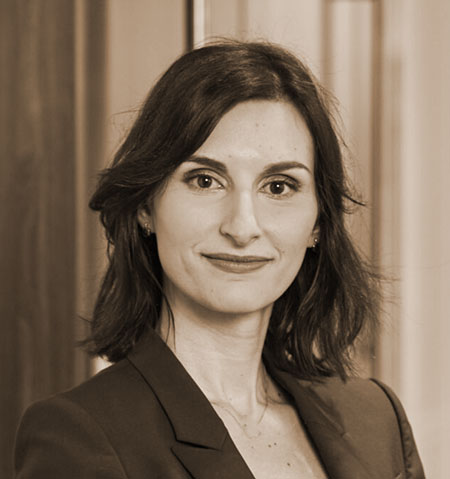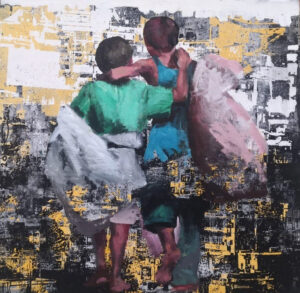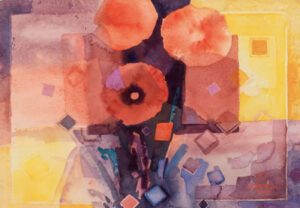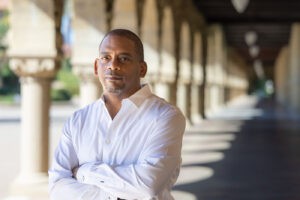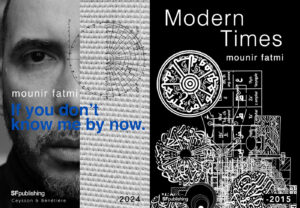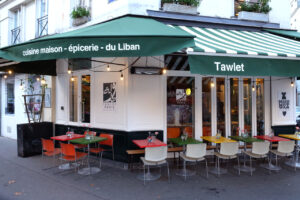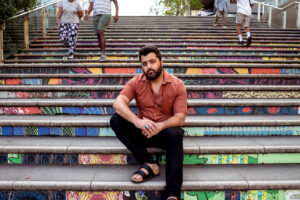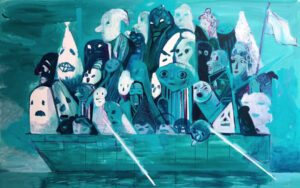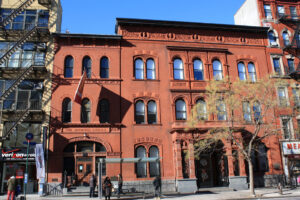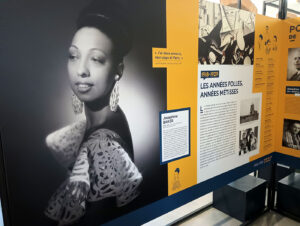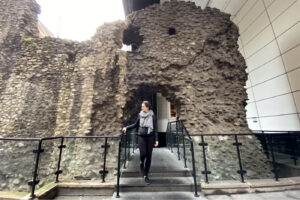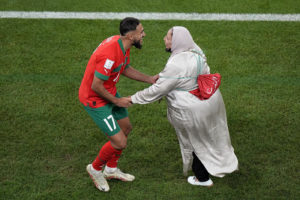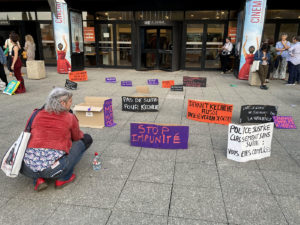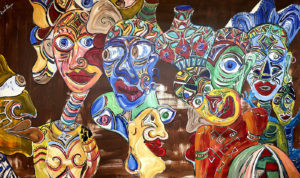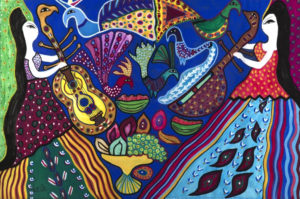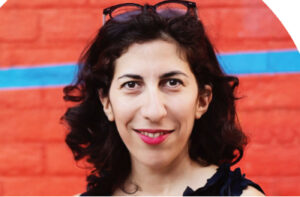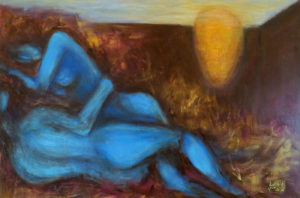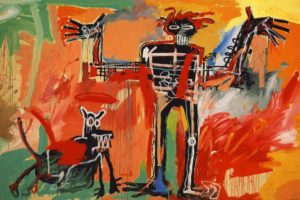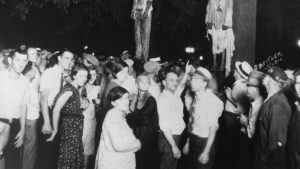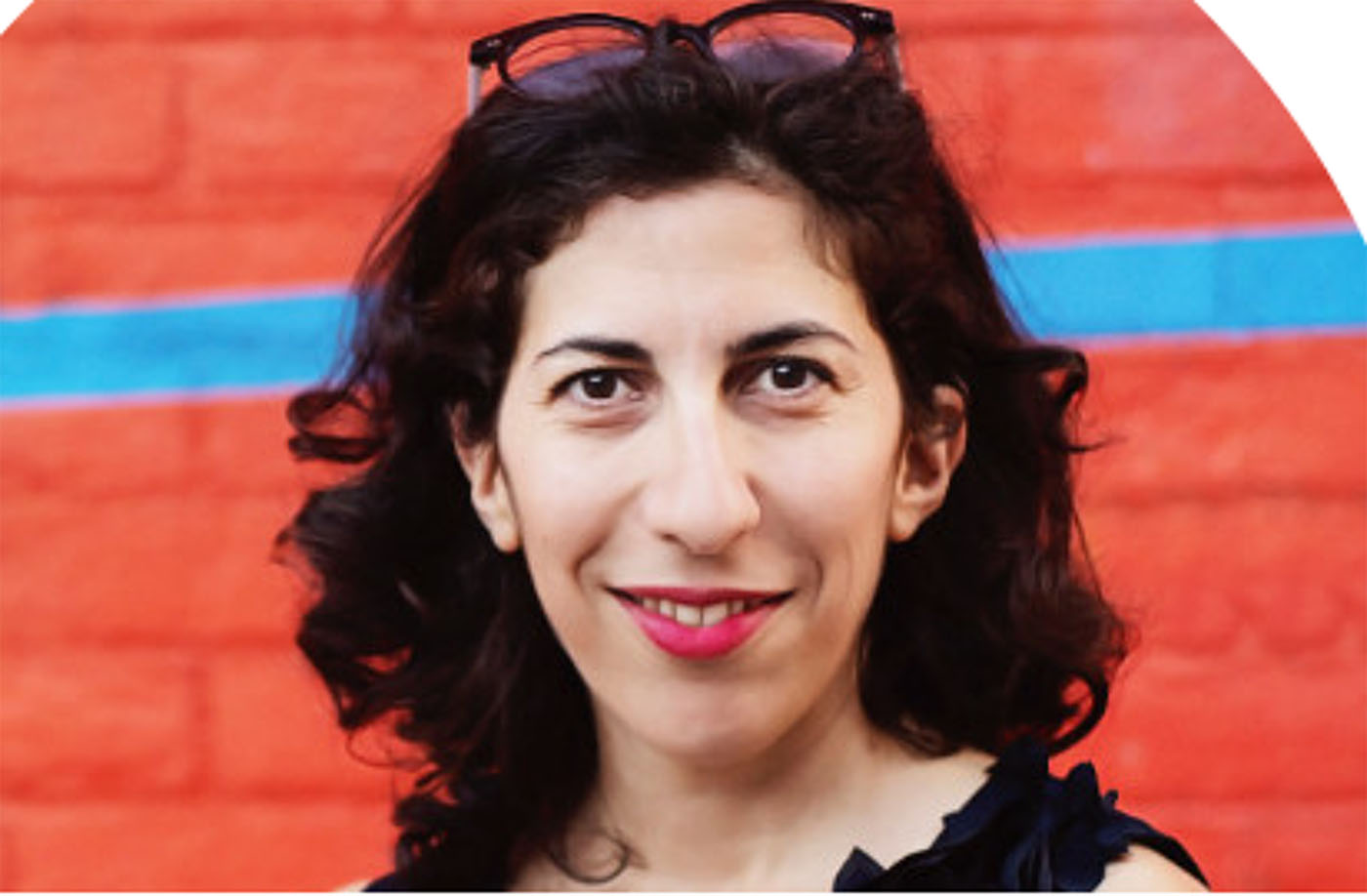
Muse of French universalism, Emmanuel Macron’s appointment of Rima Abdul Malak marks a break in the national political landscape. Born in Lebanon 44 years ago, an immigrant to Lyon a few years later with her parents, and formerly Macron’s Culture and Communication Advisor, Abdul Malak is reputedly hard-working and embodies a new generation, a woman likely to make things happen.
Rosa Maria Branche
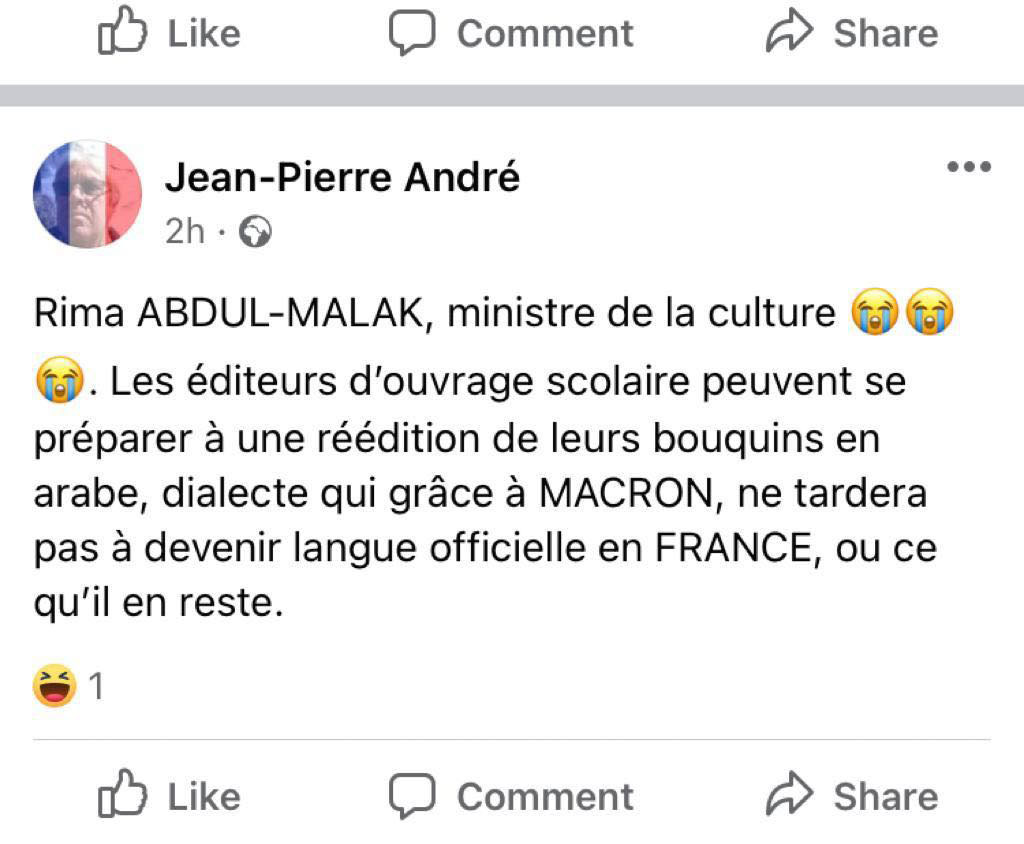 Four days after the appointment of Elisabeth Borne as Prime Minister — only the second woman in the history of France to hold this position — and 31 years after Edith Cresson who had faced criticism throughout her term causing her resignation, on Friday, May 20th, the Élysée announced the composition of the new government.
Four days after the appointment of Elisabeth Borne as Prime Minister — only the second woman in the history of France to hold this position — and 31 years after Edith Cresson who had faced criticism throughout her term causing her resignation, on Friday, May 20th, the Élysée announced the composition of the new government.
“The Franco-Lebanese Rima Abdul Malak named Minister of Culture,” headlined France 24 in its television dispatch. Meanwhile, the names of the other ministers Éric Dupond-Moretti, Damien Abad, Gabriel Attal, and Amélie Oudéa-Castérae scroll by without any other mention.
The reactions are coming from all sides on Twitter, full of racism, tinged with colonial overtones.
Is Rima Abdul Malak here to entertain the gallery? Are ministerial positions reserved only for Gallic French people? What would we say if she were Algerian or from Guadeloupe?
Identifying people with their origins seems to be a well-established cultural fact. When will we accept that bicultural individuals are French in their own right?
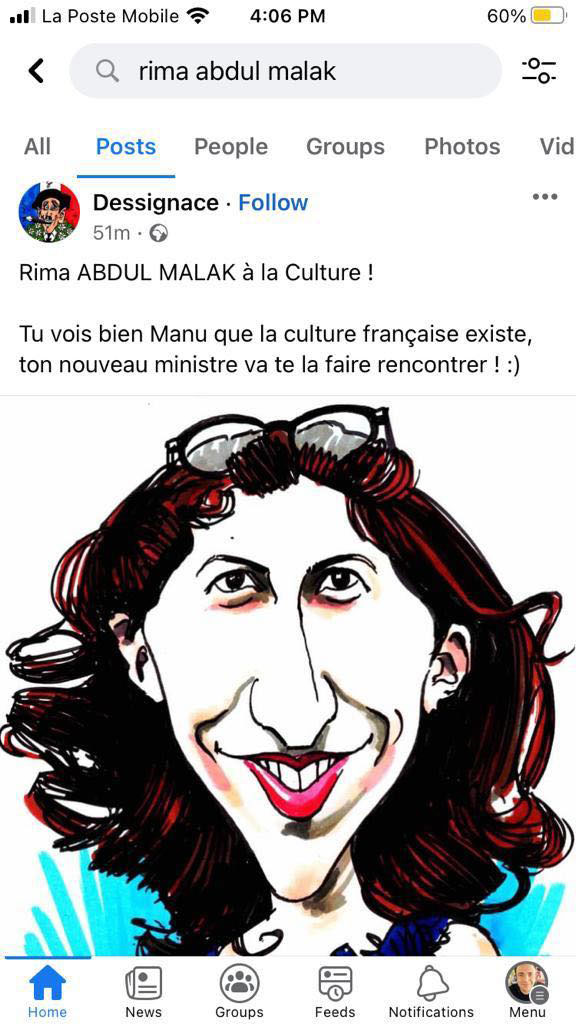 I remember the image of former Minister of Culture, Kim Jong-sook, born in Seoul, naturalized French under the name of Fleur Pellerin. After a brilliant career as a senior civil servant, she became, in 2014, the first personality of Asian origin to enter a French government. Less than two years later, she left the senior civil service to join the private sector.
I remember the image of former Minister of Culture, Kim Jong-sook, born in Seoul, naturalized French under the name of Fleur Pellerin. After a brilliant career as a senior civil servant, she became, in 2014, the first personality of Asian origin to enter a French government. Less than two years later, she left the senior civil service to join the private sector.
It is precisely the culture that poses a question for these people born of “foreign” origin. But what is French culture: the castles of the Loire, Molière, Voltaire, Balzac, or is it a hybrid culture nourished by modern exchanges and migrations, rich in its diversity, as witnessed by the artistic scene today? (Consider the writers Tahar Ben Jelloun and Amin Maalouf, respectively of Moroccan and Lebanese origin, who are both members of the Académie Française, and write all their oeuvre in French…)
Beyond language, Francophonie advocates internationally for the values of solidarity, cultural diversity, democracy, human rights and the right to education.
The Lebanese are well placed to know this. They have had political and cultural ties with France since the days of St. Louis. There are those Lebanese who know French culture better than the French. They have, for centuries, been bridges between this culture, the Mediterranean and the world.
 After starting a career in humanitarian work, Rima Abdul Malak joined the Paris City Council as a deputy for culture, under the wing of Bertrand Delanoë. In 2014, she left to pursue her career across the Atlantic at the French Embassy in New York, as a cultural attaché.
After starting a career in humanitarian work, Rima Abdul Malak joined the Paris City Council as a deputy for culture, under the wing of Bertrand Delanoë. In 2014, she left to pursue her career across the Atlantic at the French Embassy in New York, as a cultural attaché.
During the health crisis, she held the position of Cultural Advisor at the Élysée, establishing ties with the unions. She was sometimes called the “second minister” of Culture, so much did she have the ear of Emmanuel Macron. Abdul Malak seems endowed with the skills, method and efficiency to manage the post-Covid issues of this sector.
Nevertheless, being both a transnational and a French Minister of Culture seems to continue to pose some problems for some. Along with Pap Ndiaye, a Black historian of minorities, newly appointed to the Ministry of Education, Rima Abdul Malak is best placed to make things happen, to be the minister of all French people, and to represent France in a globalized world.
Pluriculturalism is a richness — it is high time to realize it.



